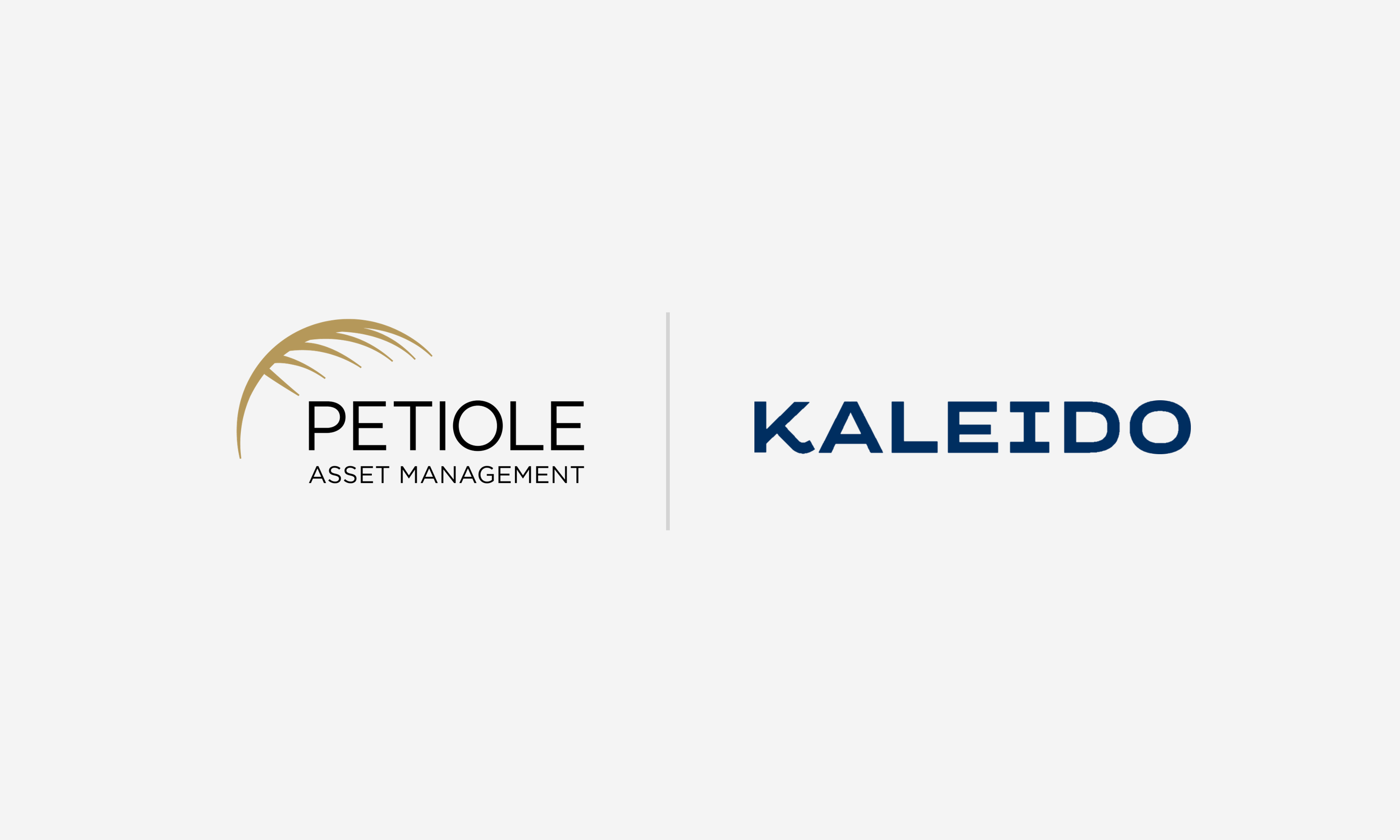The Power of Collaboration
Petiole Asset Management AG and Kaleido Privatbank AG are pleased to announce their collaboration in private markets investing. This long-term...
Please click on the blue "+" sign to open the full menu.
We have the right products for you, for a secure future.
We provide you with the right advice, to be future-proof.
It all starts with a friendly conversation. Just contact us.
As of March 2022, the World Federation of Exchanges reported a global count of 58 300 companies listed on stock exchanges. In stark contrast, Statista reveals that there are over 300 million private enterprises worldwide. In Switzerland alone, there are approximately 500 000 registered companies, yet less than 250 of them are publicly listed. By solely focusing on publicly traded companies, you as an investor could miss out on a vast world of opportunities.
In this article, we delve into investing in private equity funds as an avenue for investing in private companies. We will provide you with a basic understanding of WHAT private equity entails, WHO should consider investing in it, WHY it's a compelling investment opportunity, and HOW you can take the first step towards this exciting venture. Use this article to get to know the investment type and schedule a call with us to learn more.
WHAT Does Private Equity Entail?
The term "private equity" encompasses two words that define its essence. "Private" refers to investing in non-publicly traded companies, enabling access to companies that are typically harder to reach. "Equity" signifies investing in the ownership stakes of these companies.
One common method of investing in private equity is through private equity funds. These funds effectively pool capital from investors, allowing them to acquire ownership stakes in multiple private companies. As a strategic investor, a private equity fund typically secures controlling interests, ranging from 50-100% ownership, and actively engages in managing these companies to unlock their full potential. By leveraging their majority positions, these funds drive growth, optimize operational efficiency, and implement strategic initiatives to enhance value. This proactive approach may involve fostering innovation through investments in new technologies, facilitating strategic acquisitions, or improving the capital structure of the target companies.
Ultimately, the overarching objective is to increase the value of the invested companies. As the private equity fund eventually sells its holdings, it reaps the benefits of the value appreciation achieved during its ownership. Consequently, private equity investments offer the potential for significant long-term returns, making them an attractive option for investors seeking value-driven opportunities.
The Private Equity Investment Process:
The private equity investment process generally follows these steps:
WHO Can Invest in Private Equity Funds?
Investing in private equity requires a significant capital commitment over an extended period. As a result, access to such investments is typically limited to ultra-high-net-worth individuals and institutional investors, although the specific requirements may vary from country to country.
Limited Partners (LPs) are the primary participants in private equity funds. These LPs can be individual investors or institutional entities who commit capital to the fund. The funds, in turn, are managed by a General Partner (GP), responsible for making investment decisions and actively managing the portfolio companies. By partnering with a GP, LPs can leverage the GP's expertise and experience to gain exposure to a diversified portfolio of private companies.
WHY Consider Private Equity?
While private equity requires investors to lock up significant capital for years, there are compelling reasons why you should consider this investment category:
Potential for Superior Returns: Historically, private equity investments have delivered attractive returns compared to traditional asset classes. By investing in promising non-public companies, investors can participate in their growth and success, potentially reaping substantial profits.
Portfolio Diversification: Including private equity in your investment portfolio can enhance diversification. This diversification helps reduce overall portfolio volatility and potentially increases risk-adjusted returns. Private equity's unique factors affecting price and profitability make it a valuable addition to your investment strategy.
Active Involvement and Influence: Private equity investors often have the opportunity to play an active role in shaping the future of their investments. General Partners contribute their industry expertise, network, and knowledge to add value to the businesses they invest in, fostering engagement and influence.
HOW Can I Get Started?
In the realm of private equity, Kaleido has partnered with Petiole, a leading private equity firm, to guide and support you on this exciting journey. Qualified investors can gain access to a pipeline of exclusive private equity opportunities solely available through this partnership. These deals are carefully selected, offering a range of sectors and investment themes for long-term returns. With vast experience in private markets, Petiole leverages its expertise and international partnerships to build a robust, diversified portfolio capable of outperforming public markets. Through the guided advice of Kaleido, we can help you access these exciting investment opportunities.
Your Next Step
If you're curious about investing in private equity, take the next step and schedule a meeting with us. We'll be delighted to provide you with further insights into the access and potential of this investment category.
Disclaimer: This piece of information is for marketing and entertainment purposes only and should not be taken as an investment recommendation or financial advice. Remember that all investments involve risk. Please read our full Marketing Disclaimer here.

Petiole Asset Management AG and Kaleido Privatbank AG are pleased to announce their collaboration in private markets investing. This long-term...

1 min read
Management Summary Kaleido Digital Asset Core Strategy started with a consolidation with a return of -11.3% in January Equal-weighted KDAC strategy...